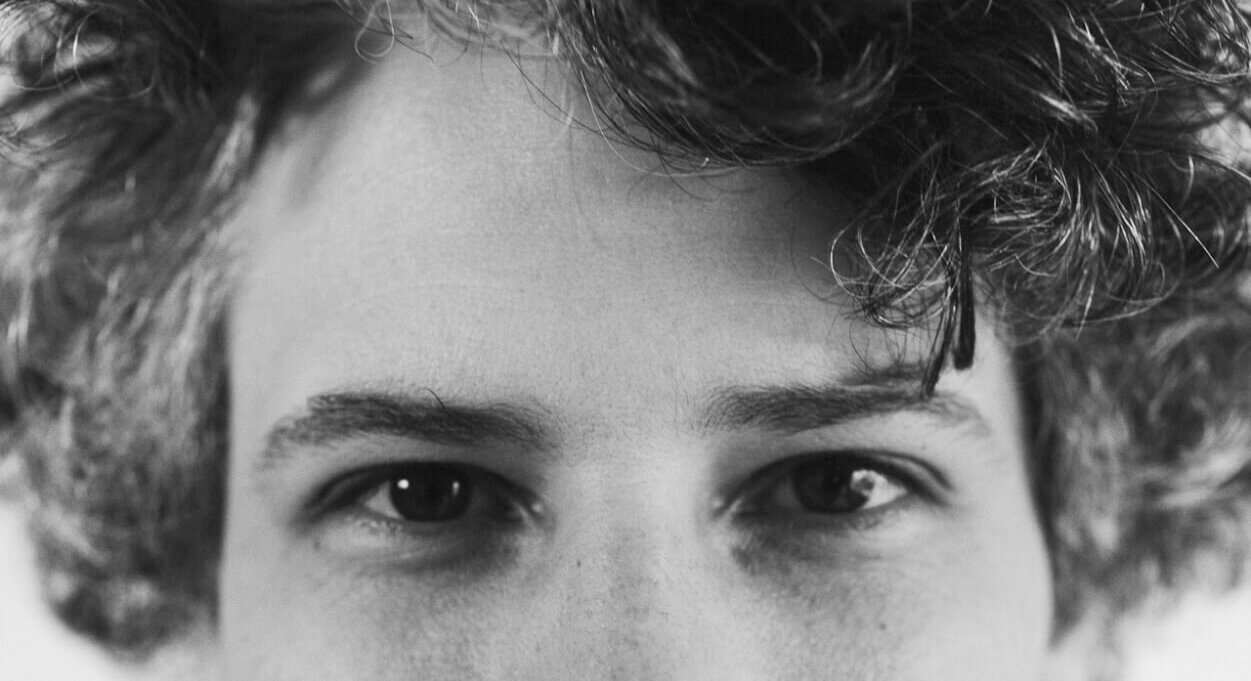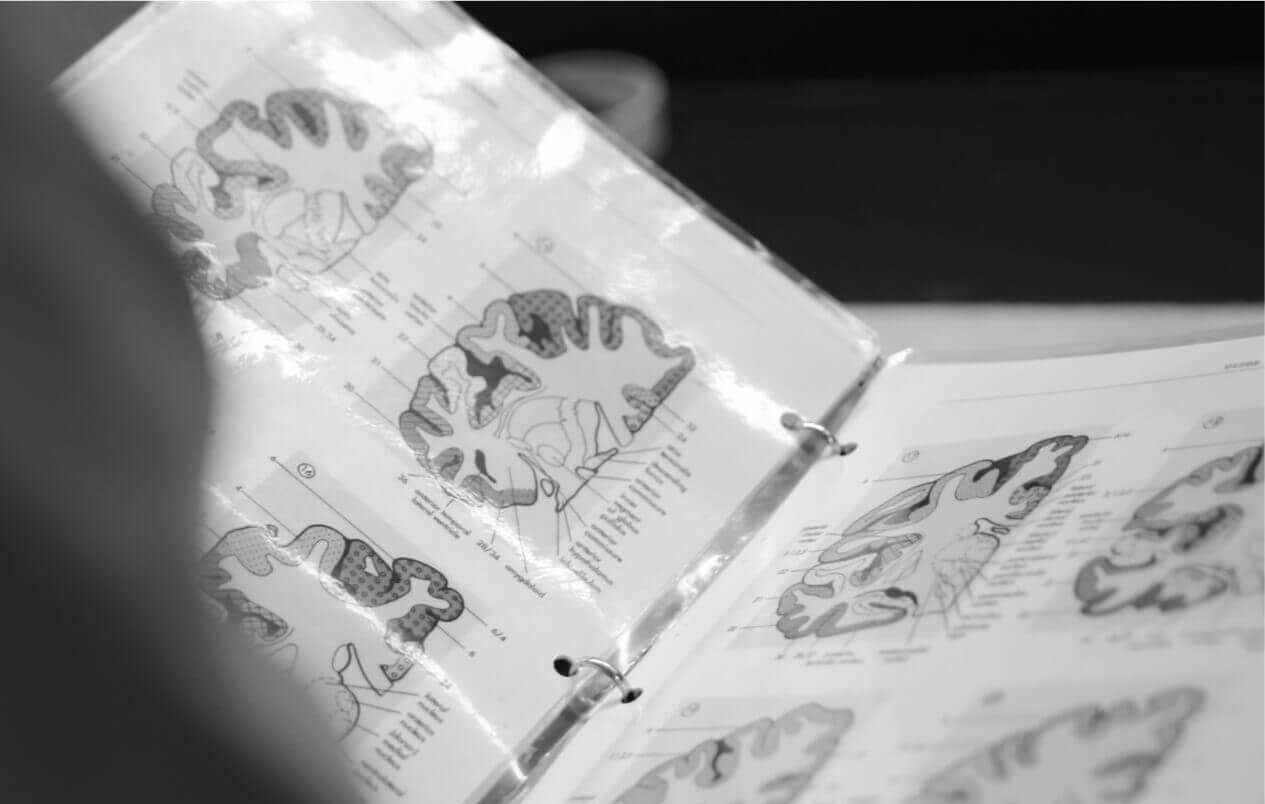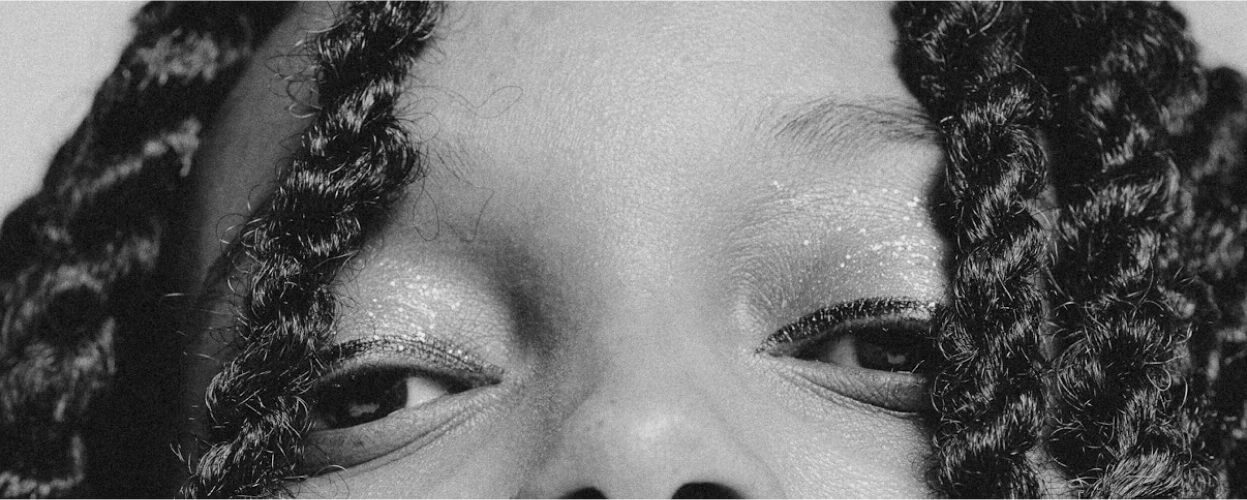Frequently Asked Questions
Frequently Asked Questions Frequently Asked Questions Frequently Asked Questions Frequently Asked Questions Frequently Asked Questions Frequently Asked Questions Frequently Asked QuestionsWhy be a brain donor?
-
Each year, more people than ever before are being diagnosed with neurological disorders. While tremendous progress is being made in biomedical research, there is so much more information that neuroscientists are working to discover. Breakthroughs in brain disease depend on studies using donated post-mortem human brain tissue. Since one brain can provide tissue for dozens—sometimes hundreds—of neurological studies, an individual brain donation is a highly valuable gift that almost anyone can make.
-
When donating to a brain bank in the NeuroBioBank network, there is no additional cost to the family. The brain bank will assume all financial responsibility for transportation of the deceased donor from the location where death occurred to a local facility, the cost of brain removal by a designated recovery professional, and the cost to have the brain shipped to the brain bank. Funeral expenses remain the responsibility of the family, the same as they would if a brain donation had not been made.
-
A neuropathology evaluation will be performed on all brain donors, and the family may request a summary of these findings. This report, typically available six to nine months after the brain donation, contains information about the diagnosis and progression of the disease while the donor was alive. The diagnosis ensures that researchers have tissue that is properly characterized for their investigations. The report often provides some definitive answers for relatives of the donor that may not have been obtainable without a post-mortem examination of this kind.
-
Donation is voluntary and has no financial benefits. However, many donors and their families report feeling comforted during a time of loss by knowing that they are contributing to the health and well-being of future generations. Brain donation makes it possible to advance science and work toward cures for neurological diseases. Most donors and their families see this as a legacy that creates a lasting contribution toward a healthier world.
Who can be a donor?
-
Any competent person over 18 years old, in the United States, may volunteer to donate. For those under age 18, a legal guardian must provide consent and make arrangements.
-
Family may register a loved one to become a brain donor if the person is not able to complete the registration.
-
Some circumstances in play at the time of death may prevent a brain from being viable for donation, including certain active infections, prolonged ventilation, and recent or hemorrhagic stroke. Brain banks in the NIH NeuroBioBank can explain further if necessary. It is important to note that other factors, like a family disagreement over whether to donate, an unanticipated logistical situation impacting retrieval, or difficulty obtaining medical information could also impede donation. Additionally, the costs of processing, storing and distributing the precious resource that is a donated human brain are not limitless. While it is impossible to predict the future, if available funding does not keep pace with donations, brain banks may not be able to accept tissue from all who have registered.
-
No. To ensure research is thorough, it is extremely important that scientists have access to donated brain tissue from people who did not have brain diseases. This is known as control tissue and it is crucial that scientists compare it directly with tissue from a person with a neurological diagnosis to determine differences. In other words, non-diseased brains are extremely valuable to neuroscientists as they must be part of every study.
How does an individual become a donor?
-
Registration is not required, though it is preferable. The final consent for brain donation can be given by next of kin immediately following death. However, anyone interested in donating his or her brain is strongly encouraged to talk with family and friends about it and register to donate in advance.
-
Brain donation is a two-step process. First, the potential donor should complete the pre-registration form. That information will then be shared with the appropriate brain bank in the NIH NeuroBioBank network. Within ten business days, or sooner if necessary, consent and release forms will be delivered either by U.S. Mail or email, depending on the donor’s preference. In the second step, those documents must be completed, signed and returned to the brain bank, which will ultimately decide whether the individual is a good candidate and can be considered a registered future donor of that brain bank. The brain bank will also provide information about procedures at the time of death that need to be discussed with family.
-
The brain bank in the NIH NeuroBiobank with which the donor is registered will provide an all-hours phone number for family to call as soon as possible after the donor’s death. It is helpful for someone to notify the brain bank as much as a few days in advance if it’s becoming clear that death is imminent. The brain bank will then coordinate transportation so that the body will be moved to a local facility (sometimes this can be the funeral home the family is working with, or a mortuary, or medical facility). The brain bank then sends a pathologist or recovery specialist to remove the brain through the back of the head so as not to be disfiguring and ship it to the brain bank. All of that is done at no cost to the family. The body will then be released per the family’s instructions for funeral, burial and/or cremation services.
-
Brain retrieval must be performed within 24 hours from the time of death in order to ensure optimal preservation of the tissue and maximize the research value. Pre-registering to donate can help avoid delays during this crucial time.
Does brain donation impact other plans?
-
No. Organ donation and brain donation are separate matters. An organ donor designation on a driver’s license does not include brain donation. Depending on the circumstances of death, it may be possible to donate organs for transplant as well as the brain for scientific research. If this is the case, the recovery teams will coordinate so that both kinds of donations can take place. Separate registrations for both organ donation and brain donation should be completed, if the intention is to donate both.
-
Yes. Most whole body donation programs serve students learning about human anatomy as part of their medical education. Neurological research is a separate focus on diseases and disorders of the brain and central nervous system. Scientists who utilize research samples from brain banks are specifically investigating causes and characteristics of these disorders to help prevent, diagnose, treat, and eventually cure neurological conditions.
-
Yes. The brain is removed through the back of the head. It is not disfiguring.
-
No. A Brain donation will not delay nor interfere with the family’s plans for a funeral, cremation, or burial. Most brain banks work closely with families and funeral homes to coordinate donation so that it does not impact other plans.
Sign Up For Our Newsletter
For news, donor stories, new merch and more
Stay in touch with us. Stay in touch with us. Stay in touch with us. Stay in touch with us. Stay in touch with us. Stay in touch with us. Stay in touch with us. Stay in touch with us. Stay in touch with us. Stay in touch with us. Stay in touch with us. Stay in touch with us. Stay in touch with us. Stay in touch with us. Stay in touch with us. Stay in touch with us. Stay in touch with us. Stay in touch with us. Stay in touch with us. Stay in touch with us. Stay in touch with us. Stay in touch with us. Stay in touch with us. Stay in touch with us. Stay in touch with us. Stay in touch with us. Stay in touch with us. Stay in touch with us. Stay in touch with us. Stay in touch with us. Stay in touch with us.



